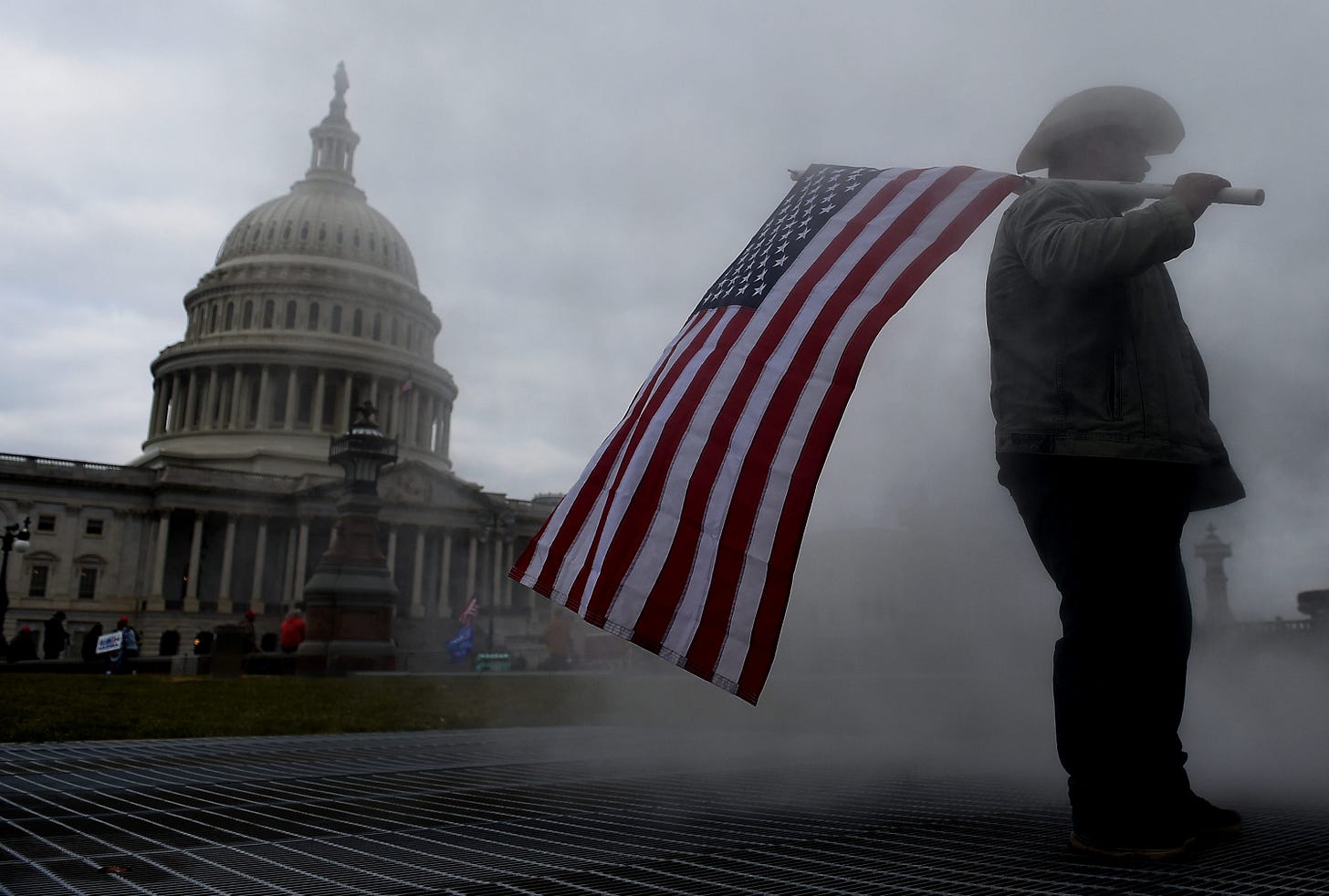Trump’s Dereliction of Duty on Jan. 6 Is Part of His Incitement to Insurrection
His months of lying about the election and his failure to respond immediately to the attack are further evidence of his guilt.

There will be only one article of impeachment before the Senate in the upcoming impeachment trial of Donald Trump. Yet since a trial for impeachment isn’t an ordinary criminal trial, the article is not an indictment for one specific federal crime. In fact, that one article of impeachment ought not be interpreted narrowly. The charge of incitement to insurrection is more properly understood as capturing a multifaceted case for gross abuse of office, an abuse that culminated in the events of January 6 but began much earlier.
The charge that will be argued in the Senate begins with Trump’s efforts to pressure officeholders to alter the results of the 2020 election. At the same time, he repeatedly attempted to misinform American citizens about the results of the election—well before the day of the insurrection. Trump then encouraged an assembly with the intention of having it pressure members of Congress to violate their oaths. And Trump then made a clearly incendiary speech, repeating his election lies and urging the assembly to march to the Capitol and “fight like hell,” while Congress was in session and in the process of counting the Electoral College votes.
Further evidence of Trump’s insurrectionist intentions can be proven by Trump’s dereliction of duty during the attack on the legislature. The House chose not to mention this explicitly in its article of impeachment. But the dereliction of duty on the afternoon of January 6 is further evidence of Trump’s guilt. It should be an important part of the case presented to the Senate.
After all, what does it say that the president watched the Capitol being stormed on television, was implored by members of Congress to intervene—and did nothing? Donald Trump chose not to do what any president would have done in the circumstances—to mobilize the federal government to secure the Capitol. And he chose not to speak to the mob—which consisted of his supporters—to tell them to leave until hours after the Capitol was breached.
This stunning dereliction of duty shows that the president understood the attack on the Capitol as the desired result of his prior actions. His dereliction of duty on the day of January 6 is a key part of the case for impeachment, for it refutes the predictable defense of the president—that he did not mean to incite. But the truth is that if he had not meant to incite, he would have reacted with horror, mobilized the federal government, and done his best to call off the mob immediately. He did none of these things.
One last observation: The evidence for Trump’s inciting the insurrection in the weeks and days before January 6, and in his speech on January 6, is public, and simply needs to be reiterated before the Senate. The evidence of Trump’s dereliction of duty is also evident enough, in Trump’s inaction—but on this topic witnesses testifying to Trump’s full knowledge of what was happening, and to his rebuffing of requests to intervene, will be useful in providing further details than have become public as of yet. They will surely demonstrate the depth and extent of Trump’s abuse of office, an abuse worthy of impeachment and conviction.

